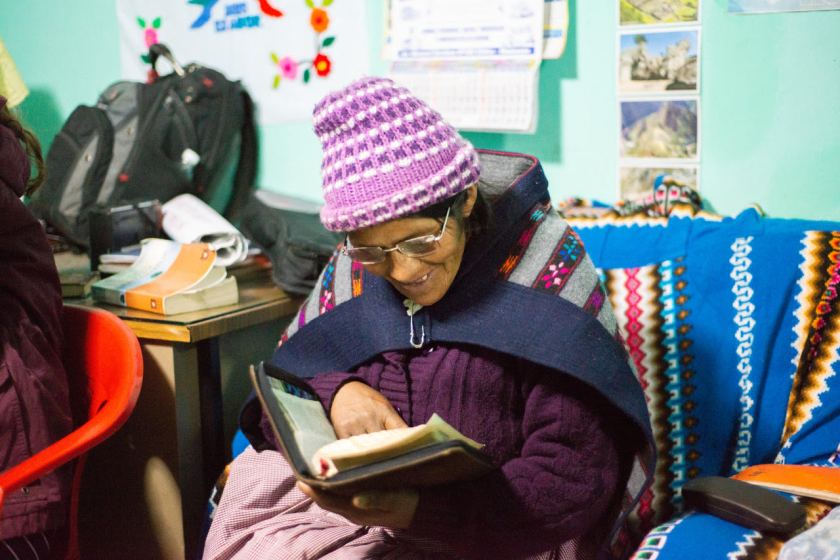Psalm 5, 38, 41-42

I have always connected with David’s ability to cry out to the LORD. He isn’t afraid to depend upon him. He is willing to ask God directly to be delivered from his enemies. Even though David clearly expresses his weaknesses, he holds so much confidence in God that he is still willing to come before him and pray.
When we think about the faith that David had, I think it’s easy for us to say, “Well, of course, we should ask God to conquer our battles.” And that is true, we serve a God who wants us to come to him. Through the sacrifice of his Son, we have the ability to come to God and ask him to intercede for us.
But when reality sets in, we have a tendency to become overwhelmed and ultimately rely on ourselves. We forget to turn to the one who created us for help. I think this is because it’s easier for us to fathom solutions to our problems that we can come up with on our own.
It’s difficult to trust in someone to fight for us that we can’t even fathom.
And yet, David still decides to trust God. So much so that he is praying that others follow suit.
I find all of this relevant with the struggles that are currently overtaking the world. With hunger, disease, unemployment, and fear continuing to rise, it is natural to become overwhelmed. We want to fight for some sort of solution. We have to find some way to cope. But in all of this fighting, we likely end up crippled by fear.
If our first action is to trust in God, our result is very different. We serve a God who will place a hedge of protection over us. He will provide healing for us. Because he loves us that much. A God who can move mountains is the same God who will make you stronger if you choose to come to him.
David saw the glory and mercy that could come from following a path that would lead him to the LORD- a path of righteousness. Imagine what the world would look like if all of us stopped allowing the noise of society to consume us and rested in God.
So, in the fear, in the hunger, in the waiting, let’s choose to take all of that emotion and let it drive us closer to our creator. Let us become a people who are willing to unapologetically depend upon God to fight our battles.
Ironically, if we take refuge in our Almighty, we will see Victory.
-Leslie Jones
Today’s reading can be read or listened at https://www.biblegateway.com/passage/?search=Psalm+5%2C+38%2C+41-42&version=NIV
Tomorrow’s reading will be 2 Samuel 22-23 & Psalm 57 as we continue the 2020 Chronological Bible Reading Plan





